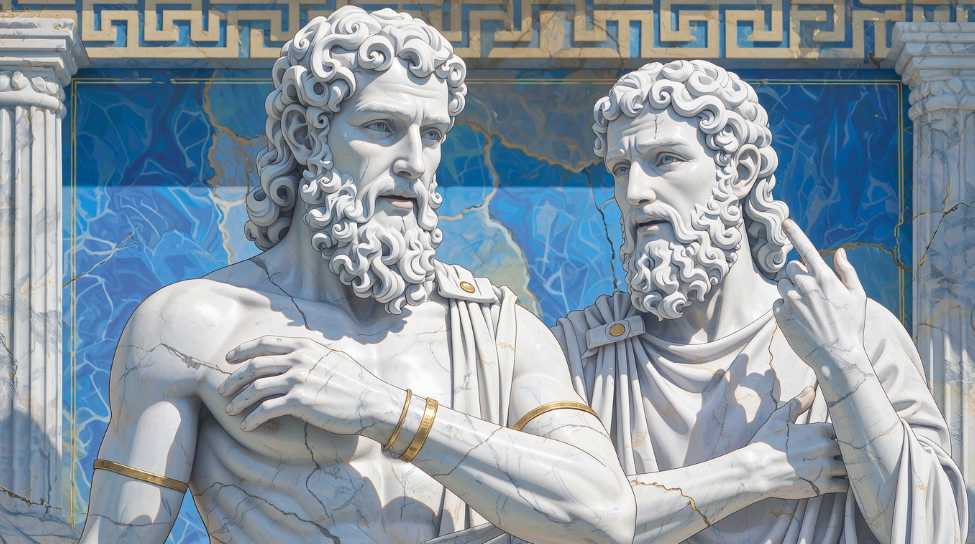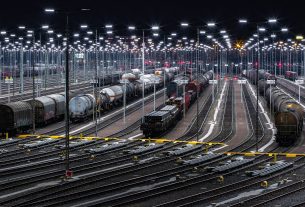A generic synopsis
⚖️ When Forgiveness Becomes Complicity
Forgiveness is often celebrated as a moral and spiritual triumph—a gesture of grace, strength, and transcendence. But what happens when the offender is not only unrepentant, but persistently harmful? When they steal ideas, sabotage businesses, malign reputations, and actively obstruct their victims from realizing their dreams over years, all while justifying their actions and evading accountability?
In such cases, forgiveness becomes a moral paradox. It risks transforming from an act of healing into a mechanism of erasure—silencing the pain of victims and shielding the wrongdoer from consequences. Philosophically, forgiveness without repentance or restitution is not virtue; it is complicity.
✝️ Religious Teachings: Compassion with Accountability
Most religious traditions preach forgiveness—but not blind tolerance.
- Christianity teaches forgiveness as divine, but also demands repentance. Jesus may have said “turn the other cheek,” but he also overturned tables in the temple when injustice prevailed.
- Islam encourages forgiveness, yet insists on justice: “Let not hatred of a people prevent you from being just.” (Quran 5:8)
- Buddhism promotes compassion, but not at the cost of enabling harm. Forgiveness is about liberation from hatred—not absolving the offender of consequences.
Religious forgiveness is not a blank check—it is a call to transcend vengeance, not to ignore justice.
⏳ The Tragedy of Delayed Justice
Across business sectors, civic institutions, and public life, a disturbing pattern emerges: recognition and restitution often arrive far too late. Victims of theft, exploitation, and systemic harm are frequently vindicated only posthumously—when they are no longer alive to reclaim their dignity, their dreams, or their rightful place.
This delayed justice is not noble. It is unsavoury, hollow, and morally bankrupt. It offers no healing, no restoration—only a symbolic gesture that fails to repair the damage done.
Unless we make conscious, urgent efforts to change this tide—ensuring that victims receive justice and restitution in their lifetime—we as a species have failed. Not just failed to protect, but failed to uphold the very principles we claim to cherish: fairness, dignity, and truth.
🧍♂️ The Silence of the “Righteous”
What of those deemed righteous—those in positions of influence who witness these wrongs and yet choose silence? Their inaction is not neutrality. It is betrayal.
- Turning the other cheek in the face of systemic harm is not virtue—it is cowardice.
- Civil society, when it fails to act, becomes a facade of righteousness masking systemic rot.
- Good people, when they remain passive, do not preserve peace—they perpetuate injustice.
The true test of moral integrity is not how we treat the powerful, but how we stand up for the powerless—before it’s too late.
🧨 A Call to Conscience
If society continues to reward wrongdoers with impunity while silencing the harmed, then what are we left with? A hollow shell of civility. A culture of exploitation dressed in the robes of virtue.
Forgiveness, when stripped of justice, becomes a tool of oppression. Recognition, when delayed beyond the grave, becomes a mockery. And silence, when chosen by those who could act, becomes a stain on our collective conscience.
We must choose differently. We must act urgently. Because in the face of wrongdoing and oppression, justice delayed is humanity denied.



